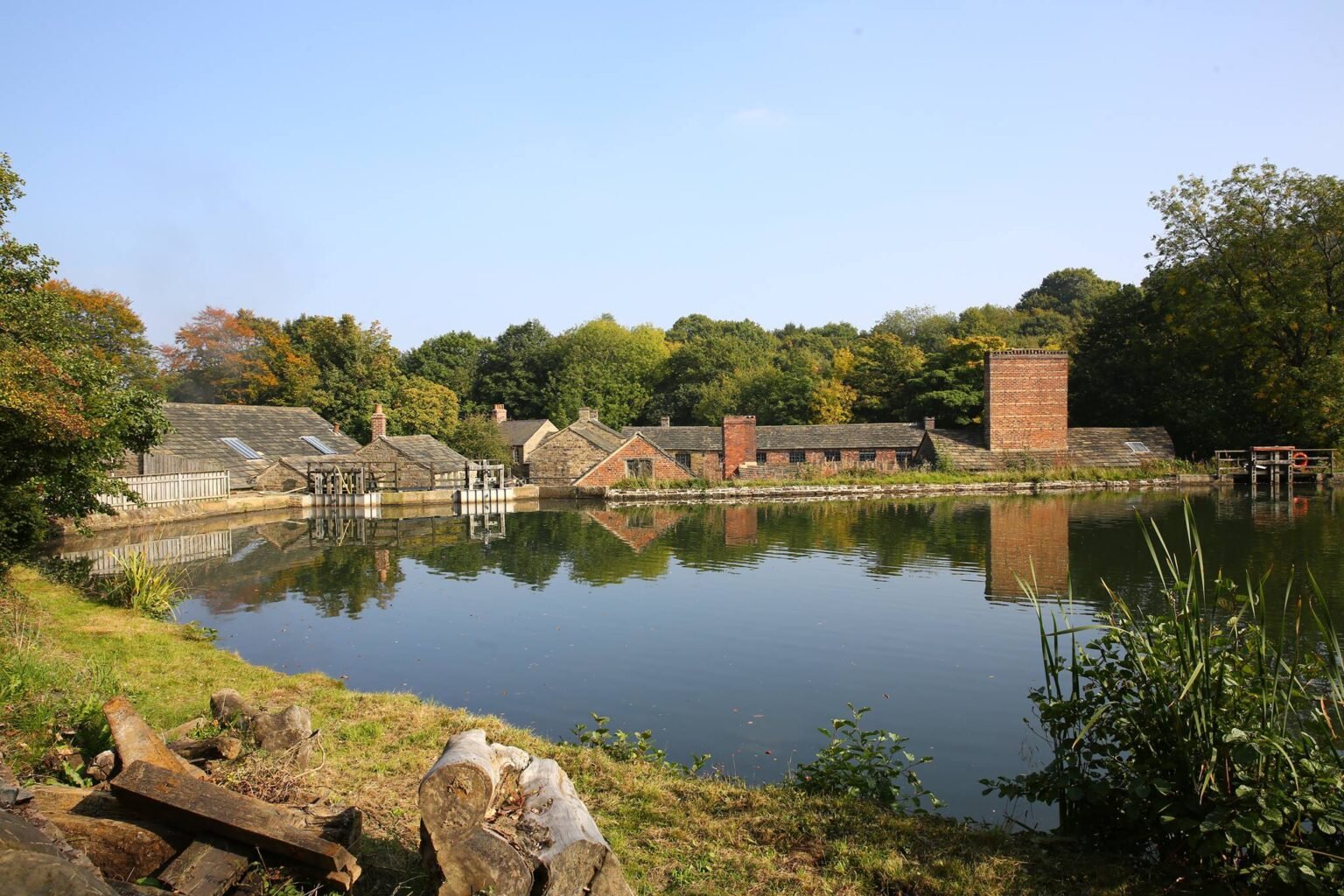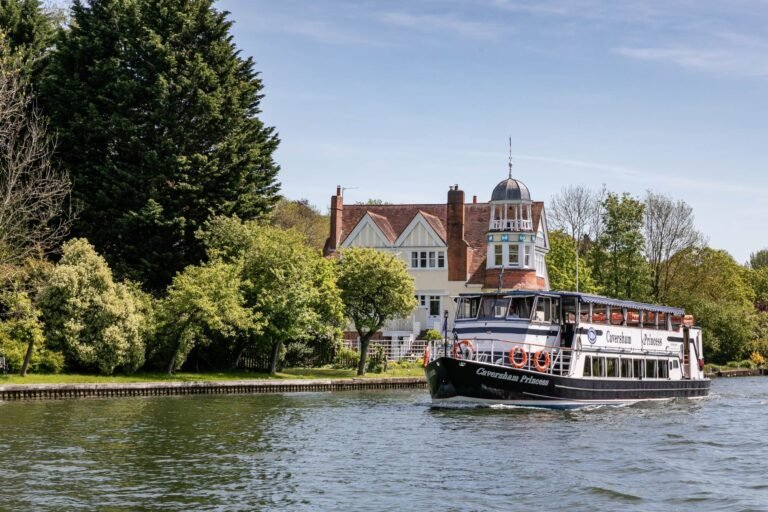A magical, exclusive experience where you can get incredibly close to all of your favorite animals. Heythrop Zoological Gardens is appointment only, allowing you to explore the grounds in private. They pride themselves on animal conservation so you can learn more about how to protect these beautiful species during your visit. Go walking with a wolf, feed a tiger or train a raven; Heythrop offers a range of encounters with different animals.
Abbeydale Industrial Hamlet
Abbeydale Industrial Hamlet is a unique eighteenth century industrial works. Catch a peek of modern life at a dairy farm going back to the 18th century and an iron foundry which dates back to the 1700s.
Share:
Opening Hours
Mon:
Tue:
Wed:
Thu:
Fri:
Sat:
Sun:
Closed
Closed
Closed
Closed
Closed
10am - 5pm
11am - 5pm
Amenities
Wheelchair Access
Parking
Toilets
Description
Contact Information
Description
Contact Information
Email:
Phone:
Website:
Similar Attractions Others Viewed
Berkshire - South-East England
They are a flagship arts centre for the South East, punching above their weight artistically and so much more than just a theatre.
Berkshire - South-East England
Take in stunning surroundings with family and friends on Thames Rivercruise.





